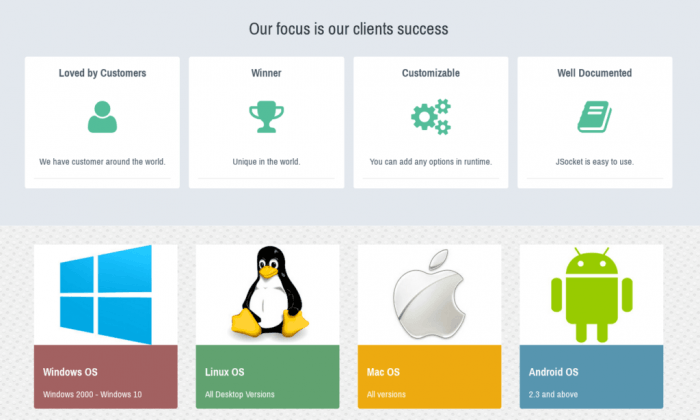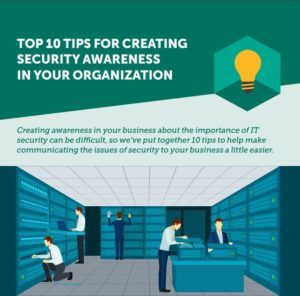
A bug in the grid: about an incident with Israel Electric Authority
Israel’s Electric Authority – an agency in charge of regulating and overseeing the distribution of electricity in Israel – had to mitigate what officials there called a “severe cyber attack.”
 critical infrastructure
critical infrastructure
 ENISA
ENISA
 PoseidonAPT
PoseidonAPT
 Adwind
Adwind
 banking
banking

 data
data






 exploits
exploits
